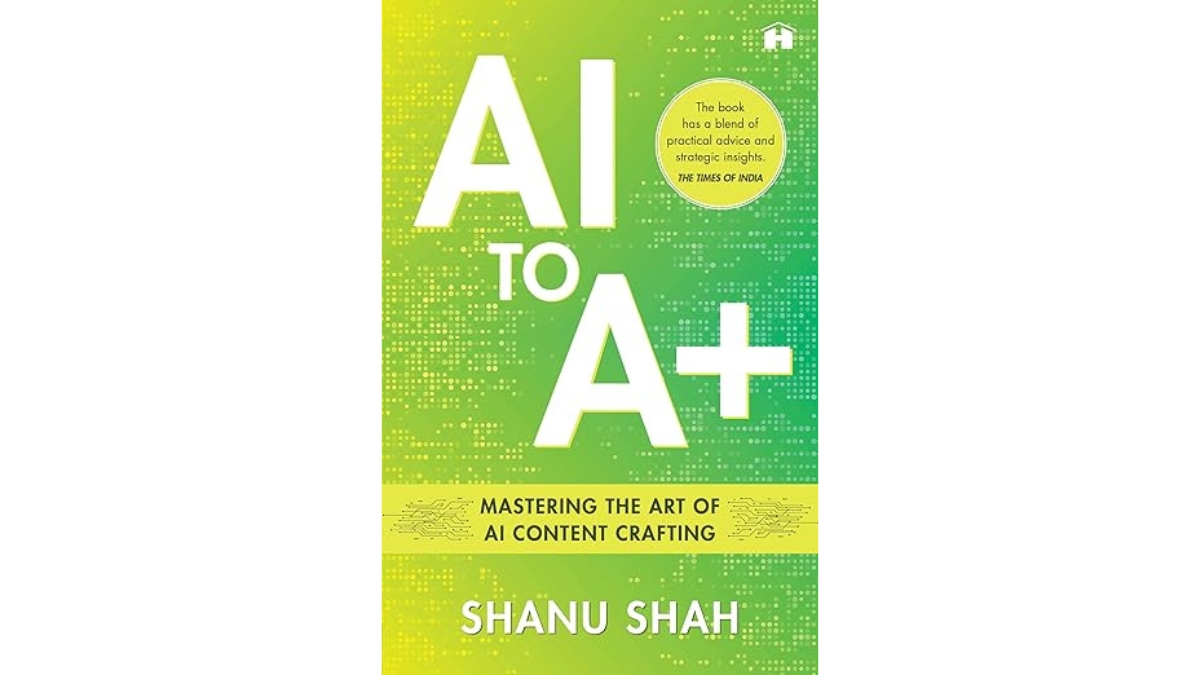Role of Artificial Intelligence in Trading: Ahmad Qutaishat, Sales Director, VT Markets
New Delhi (India), June 3: Imagine trying to navigate the bustling streets of your city blindfolded, relying solely on your intuition and snippets of advice from passersby. That’s how traders used to make decisions in the financial markets. According to Ahmad Qutaishat, Sales Director, VT Markets Previously, both traders and investors primarily depended on personal instincts and research [...]


New Delhi (India), June 3: Imagine trying to navigate the bustling streets of your city blindfolded, relying solely on your intuition and snippets of advice from passersby. That’s how traders used to make decisions in the financial markets.
According to Ahmad Qutaishat, Sales Director, VT Markets Previously, both traders and investors primarily depended on personal instincts and research analysts to guide their investment decisions. However, these methods had noticeable limitations and couldn’t afford to bring real-time data. But with the kick of digitalisation advancement and increased use of the internet, we are now embracing a new era of trading, which involves a combination of human expertise and artificial intelligence (AI) together, representing the optimal approach for navigating the complexities of the trading world.
Artificial intelligence enables traders to access data from multiple sources, including market trends and social media analysis, which are capable of simplifying the complex datasets, making the analysis of the market more manageable and understandable. With artificial intelligence, navigating even a small piece of information has become effortless, providing accurate insights and factual details. Thereby, influencing the traders’ decision to invest more mindfully.
Furthermore, it is important for traders and investors to understand the operational significance of artificial intelligence, particularly when utilizing sentiment analysis in the stock market. The fluctuations in the stock market are often impacted and implemented through the sentiment analysis of the individuals on a particular stock. Artificial intelligence aids in making valuable predictions about stock market trends. This helps traders to make an informed decision.
In addition to providing traders with more valuable insights into the market dynamics, artificial intelligence also offers traders profitable possibilities of deciphering the complexity of the financial market, through the use of machine learning algorithms and natural language processing. It is like having a reliable ally to help you navigate the trading landscape.
Artificial intelligence also makes it easy to benchmark investment strategies against industry standards and peer performance, which helps them upgrade their trading decisions. However, while artificial intelligence is indeed a game changer and makes tasks much easier, it is also essential to strike a right balance between technological prowess and human wisdom.
Market patterns are heavily influenced by factors beyond historical data, some of which include geopolitical conflicts and climatic conditions. During such cases, one’s innate intuitions come into action, complementing the analytics of artificial intelligence. This way, one forms an unbeatable pair that can conquer even the worst market challenges.
Just like any other technological revolution has certain challenges, artificial intelligence also comes with its own set of limitations. Cybersecurity and data breaches are some of the prevailing issues, making it ever so important to adopt the right measures and stay vigilant against potential threats.
If you have any objection to this press release content, kindly contact pr.error.rectification@gmail.com to notify us. We will respond and rectify the situation in the next 24 hours.









